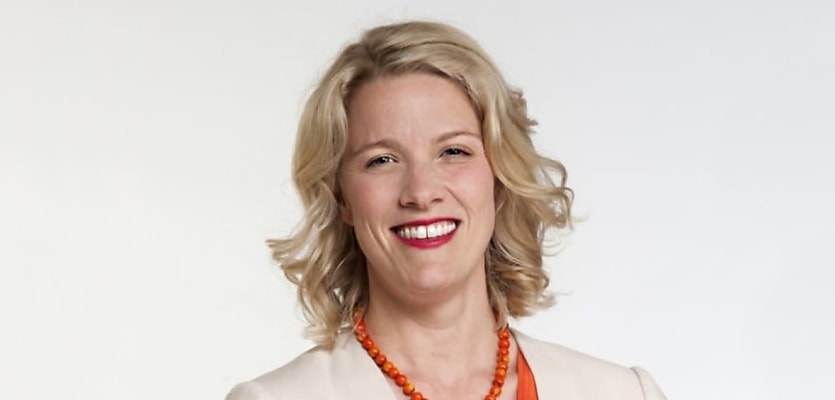The government has pushed forward with reintroducing its shared equity scheme in the lower house.
In mid-September, the government attempted to bring a vote on its Help to Buy legislation in the Senate but failed in the task, with the Greens and Coalition successfully voting to table the issue until November.
Now, the government has reintroduced the legislation to the lower house, considering the stalled Senate bills as a defeat.
This sees the two bills that comprise the legislation return as the Help to Buy Bill 2023 [2] and the Help to Buy (Consequential Provisions) Bill 2023 [2].
While the government could have waited to press the issue again in November, reintroducing the bills now serves a political purpose.
By bringing the legislation to a second vote, the government moves one step closer to setting up the circumstances that would allow the Prime Minister to trigger a double dissolution election. This can occur when the upper house rejects a government bill twice over the course of at least three months. In this case, the Senate delay is being taken as the first “failure to pass”. Although already within the window to hold a regular election, if the correct circumstances were met, the government might choose to call a double dissolution, as it puts every Senate seat into question, rather than the usual 50 per cent.
To pass the legislation in the Senate, the government will need votes from the Greens. And while the minor party has said that it is willing to negotiate, comments from both sides this week have indicated that common ground is proving difficult to find.
The Greens originally asked for the government to implement changes to negative gearing and the capital gains tax discount to back the party’s plan of creating a public property developer, and consider rental price caps. As recently as a few weeks ago, Greens’ spokesperson Max Chandler-Mather said on ABC’s 7.30 that movement on just some of the demands, such as changes to CGT on investment properties, could potentially win the party’s support.
Chandler-Mather has also continued to criticise the scheme on ABC Radio, however, this week accusing the the Housing Minister Clare O’Neil of “not being honest at all” in the government’s characterisation of the program, asserting that even with an equity contribution, home ownership will still be out of reach for the “key workers” it purports to target, such as childcare and aged care employees.
Speaking to ABC Radio on Wednesday, 9 October, O’Neil refuted the argument and said she was disappointed to see the way the debate was playing out, calling the Greens’ view of the scheme “shonky analysis” and “misleading”.
“The truth is that there’s a lot of political games that have been played with this bill and I find that really sad, because at the beginning and the end of this, it’s pretty simple. We’ve got a housing crisis on our hands. The Albanese government has a bolder and more ambitious housing agenda than any Commonwealth government has had for decades in this country. Part of that agenda is helping people get into home ownership,” she said.
ABOUT THE AUTHOR
Juliet Helmke
Based in Sydney, Juliet Helmke has a broad range of reporting and editorial experience across the areas of business, technology, entertainment and the arts. She was formerly Senior Editor at The New York Observer.







You are not authorised to post comments.
Comments will undergo moderation before they get published.